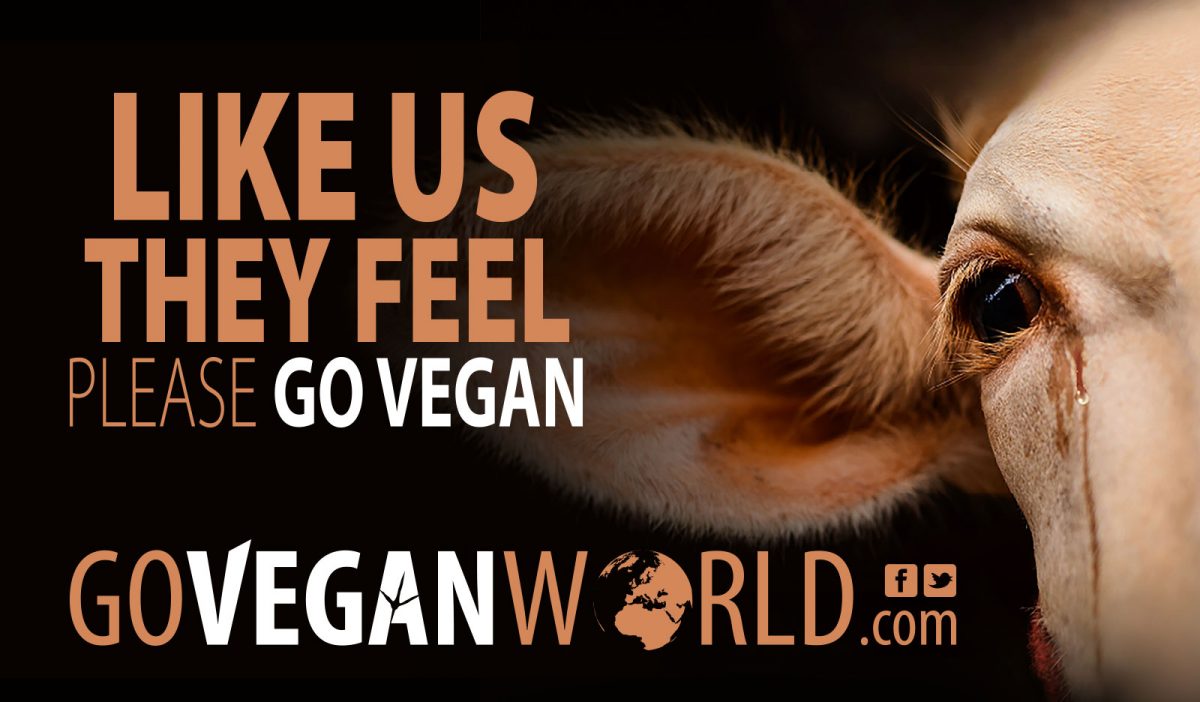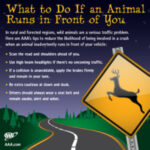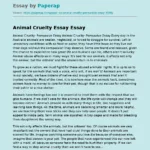In contemporary discourse surrounding animal rights, the term “pet” carries significant weight, evoking feelings of companionship, love, and loyalty. Yet, intriguingly, a segment of the vegan community vehemently resists the use of this term. The rejection of the word “pet” is not merely a whimsical preference; rather, it is deeply rooted in ethical considerations and a re-evaluation of human-animal relationships. What does this aversion signify? And how does it challenge our long-standing perceptions of domesticated animals?
At its core, the connotation of the word “pet” suggests a hierarchical relationship, often implying ownership—a dynamic that can be perceived as patronizing and reductive. In conventional usage, a pet is often viewed as a possession, an object of affection that exists within the parameters set by its human caregivers. This interpretation fosters a narrative that infringes on the autonomy and intrinsic value of the animal, reducing it to a mere accessory in human life. It raises a fundamental question: In our quest to advocate for animal rights, should we reevaluate the language we use to describe our fellow beings?
When vegans opt for alternative terms like “companion animal” or “animal friend,” they emphasize a relationship based on mutual respect rather than ownership. This linguistic shift endeavors to dismantle the implication that animals are subordinate to humans. For instance, instead of owning a dog, one might say, “I share my life with a dog.” This subtle alteration invites the recognition of the animal as an independent entity with its own needs and emotions, rather than a mere possession. The term “companion” also underscores the notion of partnership in which both parties benefit from the relationship. Herein lies an essential challenge: Can we truly navigate our interactions with animals without imposing a hierarchy?
Furthermore, some vegans argue that the pet paradigm is rooted in societal constructs that often perpetuate disconnection from the natural world. By viewing animals solely through the lens of ownership, we risk forgetting their roles within ecosystems. Animals are not just beings to be cared for; they are integral components of a complex web of life. The very concept of having “pets” can foster a detachment from the reality that animals possess their own natural instincts, behaviors, and social structures. Consequently, those who reject the term “pet” advocate for a more holistic understanding of animals—a call for acknowledgment that goes beyond the confines of domesticity.
This discourse takes on another layer when examining the ethical implications tied to the breeding of companion animals. The practice of breeding pets leads to persistent issues such as overpopulation, genetic disorders, and abandonment. The commodification of animals—fueled by demand for specific breeds—perpetuates cycles of suffering within animal communities. Those who challenge the term “pet” are often confronting the moral responsibility humans bear in the stewardship of animals. Does the label we choose indicate our understanding of these responsibilities? Or are we inadvertently reinforcing systems that do not respect animal sentience?
Moreover, the notion of “pets” often neglects the realities of animals that are outside the confines of domesticity—animals in shelters, street conditions, or those living in rural landscapes. By focusing our language and attention solely on domesticated animals, we might inadvertently ignore the plight of those outside our immediate experience. Is it not more equitable to extend our compassion beyond the fences of our backyards? In broadening the conversation surrounding animal rights, vegans who reject the term “pet” encourage dialogue that encompasses all animals, irrespective of their living situations.
Additionally, this linguistic debate enters the realm of cultural significance. Different cultures interpret the relationship between humans and animals in myriad ways. In some cultures, animals are viewed as spiritual beings; in others, they are esteemed as companions or collaborators in labor. By unearthing these varied perceptions, the discourse surrounding the term “pet” can evolve, fostering cross-cultural understanding. Each perspective can contribute to a larger conversation about respect and dignity for all sentient beings.
Critically, rejecting the label of “pet” reflects a broader ideological movement advocating for animal liberation. It provokes introspection about what it means to coexist with non-human beings. What does it signify to interact with animals as equals? How might our treatment of companion animals shape society’s view of broader animal rights? This contemplation rests central to the belief that ethical consideration extends beyond dietary choices or lifestyle preferences; it is an ethos that necessitates an entirely new lens through which we view the world.
In summation, the decision to eschew the term “pet” emerges from a desire to reformulate the narrative surrounding human-animal relationships. By fostering language that emphasizes companionship over ownership, advocates strive to engender deeper connections based on mutual respect and understanding. The challenge lies in reconsolidating our perceptions of animals as sentient beings deserving of dignity, whether they live within our homes or roam wild. Ultimately, this discourse elevates our understanding of companionship and compels humanity to consider its role in nurturing a more equitable existence for all living beings.










